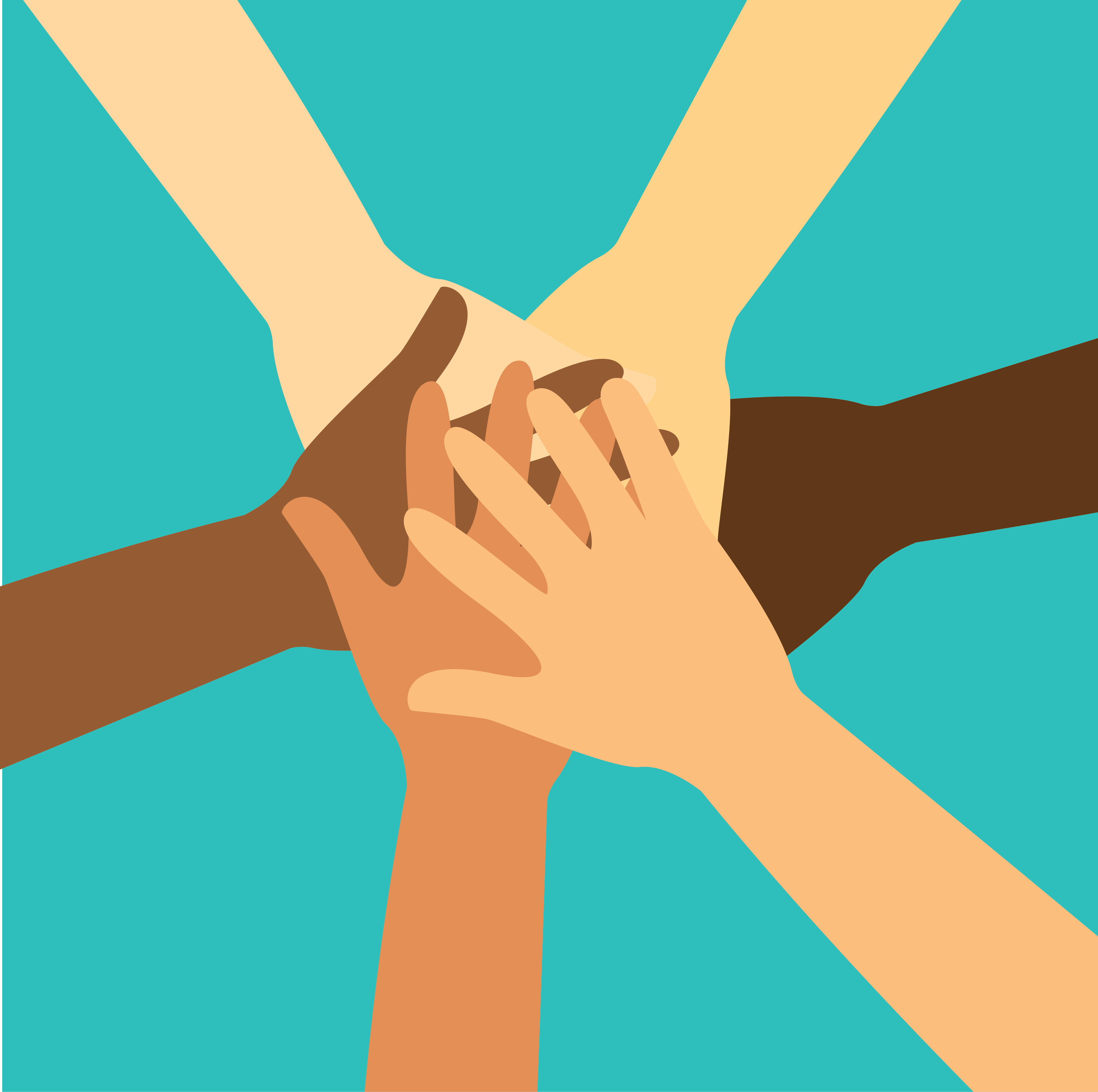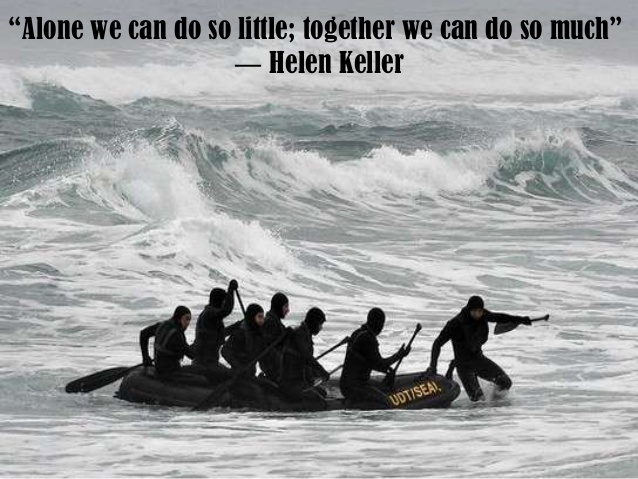
Loneliness and social isolation - tips for staying connected.Loneliness and social isolation as risk factors: The power of social connection in prevention. Investing time in making friends and strengthening your friendships can pay off in better health and a brighter outlook for years to come. Remember, it's never too late to develop new friendships or reconnect with old friends. Yoga and other mind-body relaxation practices also may reduce anxiety and help you face situations that make you feel nervous.

When embarrassing situations do happen, remind yourself that your feelings will pass, and you can handle them until they do. You may notice that the scenarios you fear usually don't happen. Each time you imagine the worst, pay attention to how often the embarrassing situations you're afraid of actually take place. Use mindfulness exercises to reshape your thinking. You may find yourself imagining the worst of social situations, and you may feel tempted to stay home. You may feel awkward the first few times you talk on the phone or get together, but this feeling is likely to pass as you get more comfortable with each other. Make an effort to see new friends regularly, and to check in with them in between meet ups. Building a close friendship takes time - together. When your friends share confidential information, keep it private. Follow through on commitments you've made to your friends. Keep your engagements and arrive on time. Being responsible, reliable and dependable is key to forming strong friendships. Being willing to disclose personal experiences and concerns shows that your friend holds a special place in your life, and it may deepen your connection. Build intimacy with your friends by opening up about yourself. Let the other person know you are paying close attention through eye contact, body language and occasional brief comments such as, "That sounds fun." When friends share details of hard times or difficult experiences, be empathetic, but don't give advice unless your friends ask for it. Ask what's going on in your friends' lives. Every act of kindness and every expression of gratitude are deposits into this account, while criticism and negativity draw down the account. Think of friendship as an emotional bank account. This most-basic behavior remains the core of successful relationships. It may also sow the seeds of friendship with new acquaintances. You may not become friends with everyone you meet but maintaining a friendly attitude and demeanor can help you improve the relationships in your life. Chat with neighbors who are also out and about or head to a popular park and strike up conversations there.Ībove all, stay positive. Take advantage of special activities and get-to-know-you events for new members. Join a class at a local gym, senior center or community fitness facility. Take a college or community education course to meet people who have similar interests. Contact someone who recently invited you to an activity and return the favor. When you're invited to a social gathering, say yes. Invite a friend to join you for coffee or lunch. You can form strong connections when you work with people who have mutual interests. Offer your time or talents at a hospital, place of worship, museum, community center, charitable group or other organization. Do a Google search using terms such as + social network, or + meet ups.

There are also many websites that help you connect with new friends in your neighborhood or city. You may find these groups online, or they may be listed in the newspaper or on community bulletin boards. Look for groups or clubs that gather around an interest or hobby you share. You may need to suggest plans a few times before you can tell if your interest in a new friend is mutual. Take the initiative rather than waiting for invitations to come your way and keep trying. The broader your efforts, the greater your likelihood of success.

Don't limit yourself to one strategy for meeting people. To meet new people who might become your friends, you have to go to places where others are gathered. Ask mutual friends or acquaintances to share the person's contact information, or - even better - to reintroduce the two of you with a text, email or in-person visit. If anyone stands out in your memory as someone you'd like to know better, reach out.


 0 kommentar(er)
0 kommentar(er)
